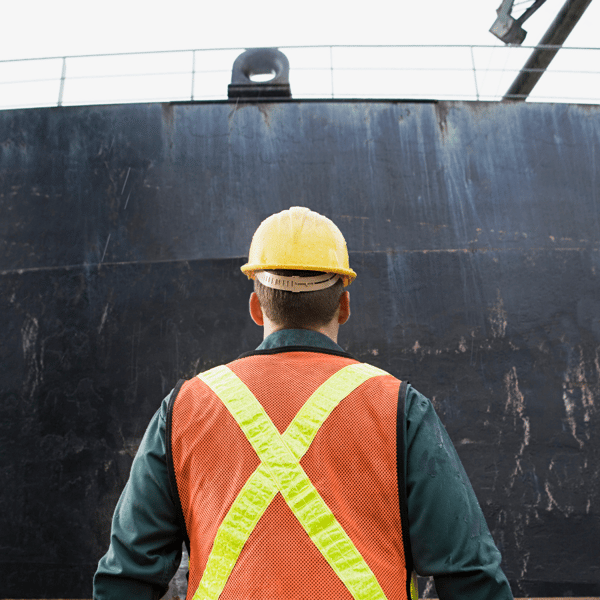

After a maritime or offshore work injury, workers may not understand their rights or their options. They are likely dealing with medical appointments, financial stress, as well as the uncertainty of how to proceed. Under maritime law, most people working on vessels or rigs qualify for Maintenance and Cure benefits if they get sick or get injured at work. Our maritime lawyers have detailed some important facts about Maintenance and Cure to help you navigate your injury.
What Maintenance and Cure Compensation Actually Cover
“Maintenance” refers to the payments that an injured worker is owed to account for their loss of income as a result of their injury. While these payments are helpful, they are not significant and the injured worker must prove that they are crucial as a result of your lost income. Maintenance benefits should cover food, rent, necessary utilities, and homeowners insurance.
“Cure” refers to the payments that cover the legitimate medical expenses related to the accident or the workers illness. This not only means payment for immediate emergency care right after the accident, but also any necessary surgery and follow-up therapy. It will include coverage for hospital bills, medication, medical tests, and any medical equipment needed such as crutches or a wheelchair.
Injured Workers Can Visit Any Doctor
When a maritime worker is injured while working, they do not have to visit their employers doctor. In fact, our maritime lawyers recommend that you do not. Maritime employers will sometimes have an agreement with their company doctor to minimize the severity of an injury or to provide incorrect information regarding the accident of injury. The company doctor works for the employer and therefore does not have the injured workers best interest in mind. This may negatively impact a Jones Act claim, as well as the compensation received through maintenance and cure.
It is crucial that an injured worker contacts a doctor immediately following your accident. Every minute that goes by without seeking help from a medical professional may be held against the maritime worker. You do not want to give your employer any additional reasons to challenge your injury claim.
Maintenance and Cure Ends When You Reach Maximum Medical Improvement
Maximum medical improvement (MMI) occurs when the physician treating you has stated that your injury or condition will not get any better. Unfortunately, this can occur if you suffer a permanently disabling injury but your physician states you will not get any better.
When MMI is reached, the employer at the time of your injury is not legally obligated to pay for treatment. Understanding MMI is extremely important to gain insight into expectations and the logistics of your Jones Act case. Our Jones Act lawyers have detailed MMI in a recent blog, and they are available to work with you in setting you up for the best possible outcome.
Consult our Maritime Lawyers for Help
VB Attorneys is considered one of the best Jones Act maritime law firms in the country. We understand that you may have additional questions regarding your Jones Act case. Let us walk you through the entire legal process, answer every question, and help you make the best decision for your future. Give us a call toll free at 713-224-7800 or fill out our contact form to schedule your free and confidential consultation with our maritime lawyers.
Topics: Jones Act

